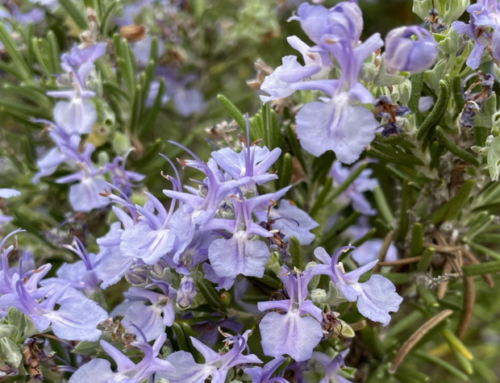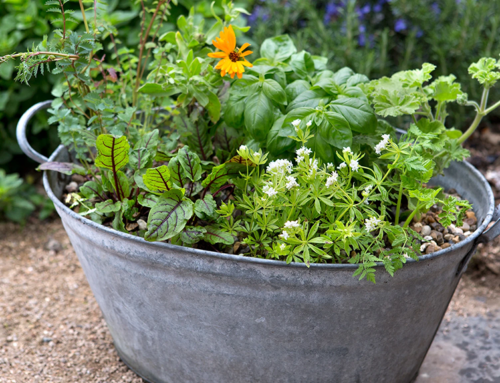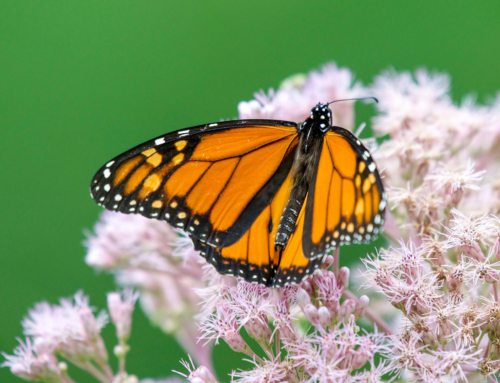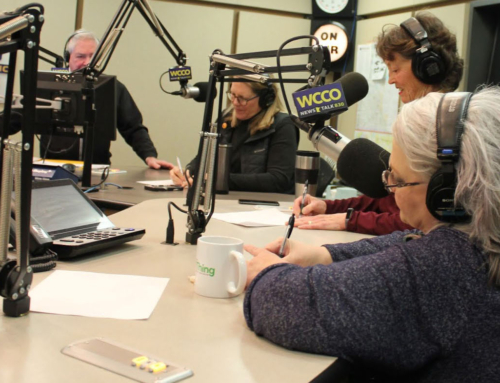This is part 2 of a 3 part series, written by Val McGruder, Hennepin County Master Gardener
My Mentor Relationship
The first year, the master gardener in training is an intern, and is assigned a mentor. The mentor is a seasoned master gardener and is there to answer questions, suggest activities, jointly volunteer with the intern, and help the intern to get the most out of the program. My mentor was helpful in so many ways and she was a great resource to me as I began to explore each opportunity toward certification.
The First Year: A Busy Spring!
In the first year, a master gardener intern must complete 50 hours of volunteering and 12 hours of education. The volunteering was structured in different areas, such as answering hot line questions, answering questions at an information booth, observing adult or youth education and the like. How was I going to do that?
I got regular e-mails from the “Sign-up Genius” system. This is an on-line method of inviting participants to sign up for up-coming events. It includes a description of the event, the location, the date, and the times. I proceeded to plug myself into various activities with gusto. I bought a special calendar with flowers on the cover so I could keep track of my activities each week. I tried to choose my activities in different areas so I would get experience in a broad range of opportunities.
February: My first volunteer opportunity was at the West Metro Home Remodeling Fair. My mentor e-mailed me to tell me she had also signed up to volunteer, so that reduced a lot of stress. Now I knew that I would have someone to help me if I didn’t know something (anything?).
It was on a raw, windy day and I was nervous as I walked into the building and found the location. I was the first of four master gardeners to arrive. When another master gardener came up to me, I announced, “I’m new!” He introduced himself and we sat down at our answer table. When the other two master gardeners arrived a couple of minutes later, they said “Hi” and my mentor reminded me to wear my nametag.
Our team had about 12-15 questions during the time we were at the desk and I actually had the answer to a couple of them. I learned a lot during our assignment at the help desk and I felt that I had contributed. This was a great boost to my confidence level! I enjoyed the experience and found that being friendly is a very important quality. People are glad to have someone to ask when they have questions and master gardeners are highly regarded by the public.
Spring: Throughout the spring, I was able to volunteer pretty regularly in the “Junior Master Gardeners” program. The curriculum was written for elementary age children and connects students to gardening. The school had a greenhouse and raised planting beds so lessons were mostly “hands-on” and very engaging. I chose to work with 4th grade students with a team of other master gardeners. I observed a seasoned master gardener present the lesson, and I think I learned almost as much as the students. I really enjoyed the children and interacting with them. It made me realize that gardening is truly an activity that connects all ages.
My mentor was involved in a “giving garden” at Cargill and I asked if I would be a part of it as well. She introduced me to the key employees and explained the mission of the garden, which was donating all the produce to various food shelves. She also explained the layouts and procedures of each garden. What a great team-building effort between various departments of a large corporation.
April: An invitation went out to be trained as a teacher at the Minnesota Landscape Arboretum in the Japanese Garden. I attended training on a Monday for five hours and signed up to be the teacher on Thursday of the same week. A school in Elk River sends their entire 5th grade to the Arboretum each year for an end-of -ear celebration. This was a very large group and we divided it into four smaller groups each, with around 20-30 students.
I felt like I was prepared to present the lesson because I had made myself a list of points to cover and was confident I would not forget anything. I soon learned that getting children’s attention and keeping it is a trick in itself. I found myself clapping my hands and feeling a little frustrated that it took so long to have them pay attention to my carefully practiced lesson. My biggest complaint was, though they had at least four chaperones per group, every one of them brought their cell phones and was busily texting or checking their e-mail while I was struggling to settle the kids down.
I had to resort to assigning each adult a job and asking them to help their group complete the assignment. I got a couple of dirty looks but it worked, and I felt like a success in the end. Moral: “cell phones should only be used on field trips for emergencies.”
I signed up to work at the Norenburg gardens in Wayzata and was amazed at the beauty of these gardens and the sheer variety of plants, shrubs and trees it contains. It was a lovely, warm day and I enjoyed each task working with a large team of master gardeners.
For more information on becoming a master gardener, including the process and timing, please visit https://hennepinmastergardeners.org/become-a-master-gardener




